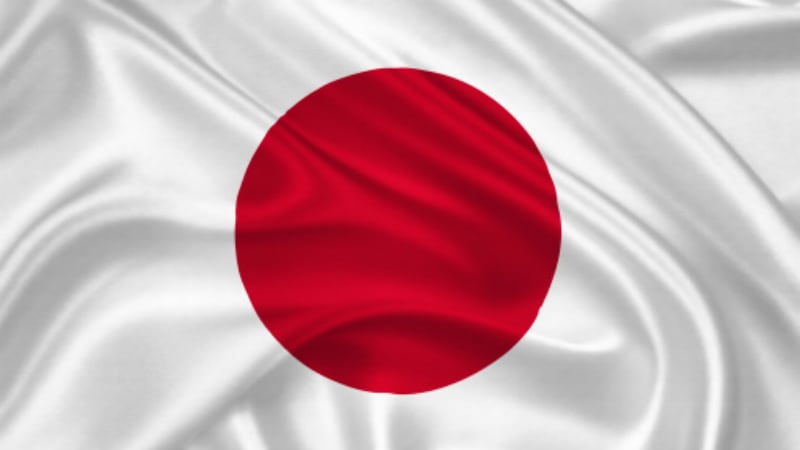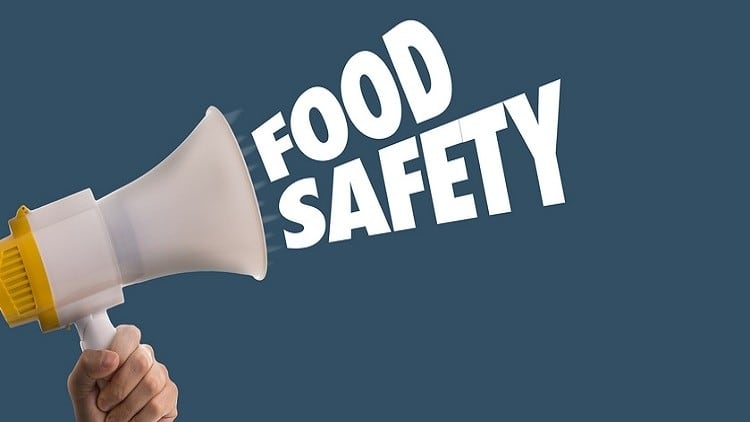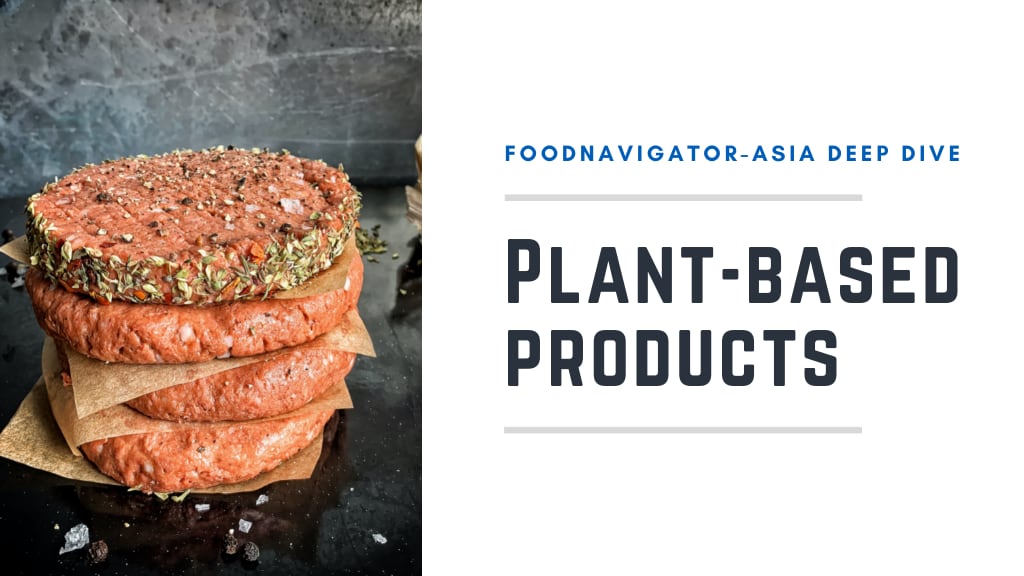Rice roll rampage: Japan food firms join forces to reduce waste amid consumer concerns
The Japanese government and food firms such as Suntory and Keishindo are joining forces to combat food waste by exploring tech and upcycling opportunities, as well as focusing on seasonal-over production problems.
One such product concern surrounds the festive sushi roll ehomaki, the consumption of which is popular in February on the last day of winter. Eating the entire roll as a whole in silence is traditionally believed to bring good luck for the entire year.
As such, many food firms and retailers in the country have been producing and marketing ehomaki over the years, but the uncontrolled amount of production has unfortunately resulted in large amounts of food loss, first brought to light by consumers noticing that many of these rolls were not bought or consumed.
“The seasonal issue of food wastage due to the disposal of Ehomaki after Setsubun (the last day of winter) has become a much-discussed topic on social media in recent years, [which has led the ministry] to lead an annual [movement] to reduce this waste,” Japan’s Ministry of Agriculture, Forestry and Fisheries (MAFF) stated in a formal statement.
‘In a bind’: Japan alcohol sector voices concerns for industry growth after being battered by new round of COVID-19 restrictions
The alcohol industry in Japan is concerned over the impacts of the country’s latest rounds of COVID-19 restrictions on the sector’s growth, with many businesses in a stake of flux and uncertainty and even major traditional breweries looking to expand into broader sectors.
The government first put 14 prefectures in Japan under a ‘quasi-state of emergency’ earlier this year in response to rising COVID-19 case numbers and the emergence of the Omicron variant, which led to the reinstatement of measures such as stopping the serving of alcohol at an earlier hour and a ban on large-scale events.
These measures were supposed to be lifted on March 7, but were then extended in several major prefectures including Tokyo, Osaka and Hokkaido. This was Japan’s second implementation of a state of emergency and large-scale COVID-19-related lockdowns in the past year, with the peak of strictest measures having been enforced around April to May 2021.
“During last year’s emergency, the alcohol ban made restaurants and bars stop serving alcohol at 8pm – this time around it’s 9pm which is slightly kinder,” local cider firm inCiderJapan owner and cider industry expert Lee Reeve told FoodNavigator-Asia.
Co-branding collaboration: CRUST reveals new model to help big food firms benefit from upcycling
Singapore upcycling products firm CRUST has revealed a new collaborative upcycling business model of working with big food and beverage brands to develop new co-branded products from their existing food waste.
CRUST is best-known for the creation of its upcycled beer made using surplus bread from bakeries and e-commerce platforms, and also recently soft-launched an upcycled non-alcoholic beverage line CROP after various challenges in 2021, aiming for a full-scale launch in March 2022.
According to CRUST Group Founder and CEO Travin Singh, in addition to the firm’s conventional business model of producing and selling its own upcycled products, it is also adding a new business model which has been dubbed ‘Sustainable Unique Label’ or SUL, which will see the firm coming in as an R&D partner for other food and beverage firms to work on the development of unique upcycled products.
“The target in particular will be big food firms that have a lot of food waste left over from their production operations which they would usually donate or throw away, as currently most of them are not aware or not able to upcycled this waste,” Travin told FoodNavigator-Asia.
Intake of oral nutritional supplement increases body weight, BMI in elderly at risk of undernutrition – Meiji study
The supplementation of an oral nutritional supplement has shown to increase body weight and body mass index in elderly at risk of undernutrition.
This is according to a 12-week clinical study conducted by Meiji and Kamakura Rehabilitation St. Therese Hospital in Japan.
Findings of the study titled “The effects of oral nutritional supplements on nutritional status and body composition in elderly persons” were published in Japanese in The Journal of the Japan Home Nutrition Management Society.
The purpose of this study was to evaluate the effects of oral nutritional supplements (ONS) on nutritional status and body composition in elderly persons.
‘The market for active enzymes is immeasurable’: Japan’s Shinya Koso on digestive health, weight management trends
Major Japanese supplement brand Shinya Koso believes that the market for active enzymes products is immeasurable, driven by consumers’ concern with digestive health and weight management.
Developed by renowned Japanese gastroenterologist Dr Hiromi Shinya, Shinya Koso uses two main types of active enzyme raw materials.
The first type is extracted via fermentation of 10 healthy grains traditionally consumed in Japan, such as germinated brown rice, millet, and Japanese millet.





